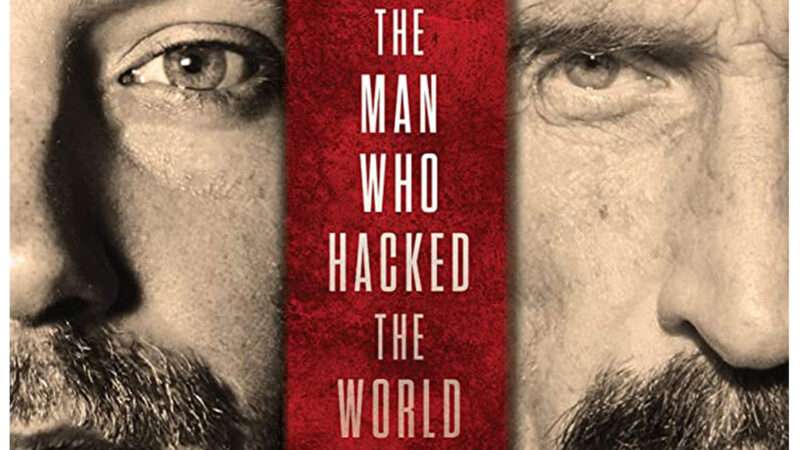
John McAfee was a superwealthy antivirus software entrepreneur, a third-place contender for the 2016 Libertarian Party presidential nomination, and an internationally notorious scoundrel, drug user, and accused murderer who died in a Spanish prison in 2021. His death was declared a suicide, though he had preemptively declared both publicly and privately that if he died in custody, his friends should assume he had been murdered.
Alex Cody Foster, a ghostwriter who went deep with McAfee for months in an ill-fated attempt to write his memoir, wastes nearly 200 pages of The Man Who Hacked the World on his own life story. But when he gets to McAfee—who told Foster he installed a backdoor into his antivirus program that gave him access to every user's secrets for decades, leading to his paranoia that he would be whacked by sinister forces from government intelligence agencies to the Sinaloa cartel—he successfully captures the fascinating chaos of the man. The account matches my experience covering his failed presidential campaign: McAfee's reckless manias and self-admitted lies made him one of the most compellingly entertaining and shiveringly nerve-wracking men you could imagine.
McAfee threatened a classic dead man's switch, saying a tranche of compromising information on the powerful would be released upon his death. That didn't happen. The mysteries of McAfee remain, and remain fascinating to contemplate.
The post Review: <i>The Man Who Hacked the World</i> Captures the Chaos of John McAfee appeared first on Reason.com.







